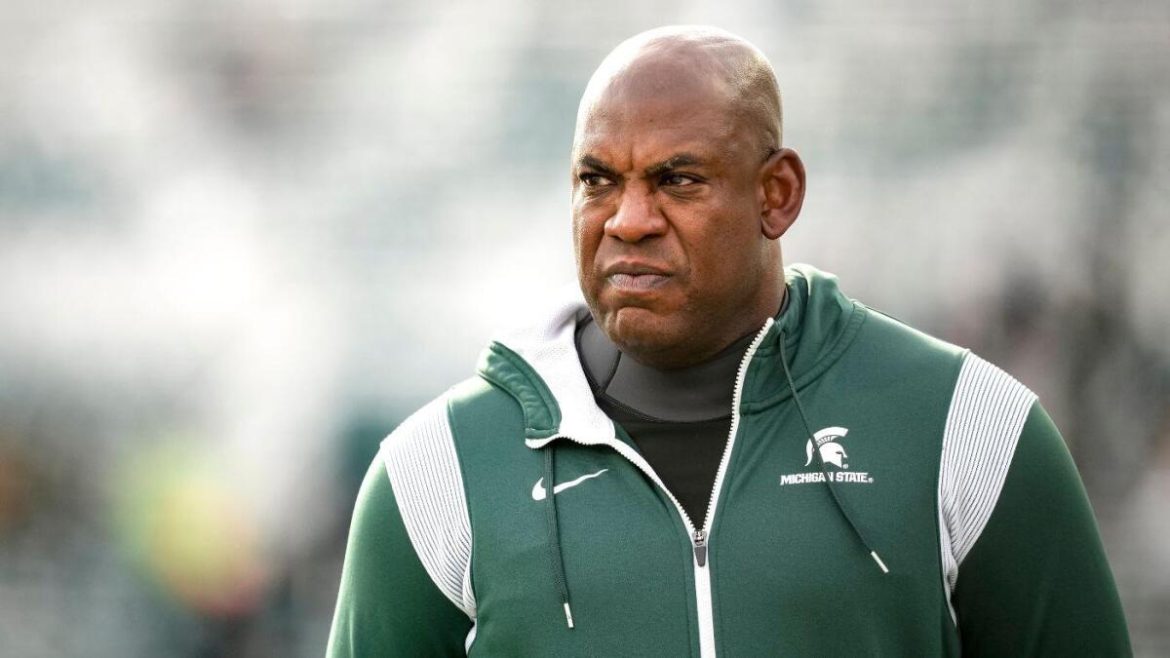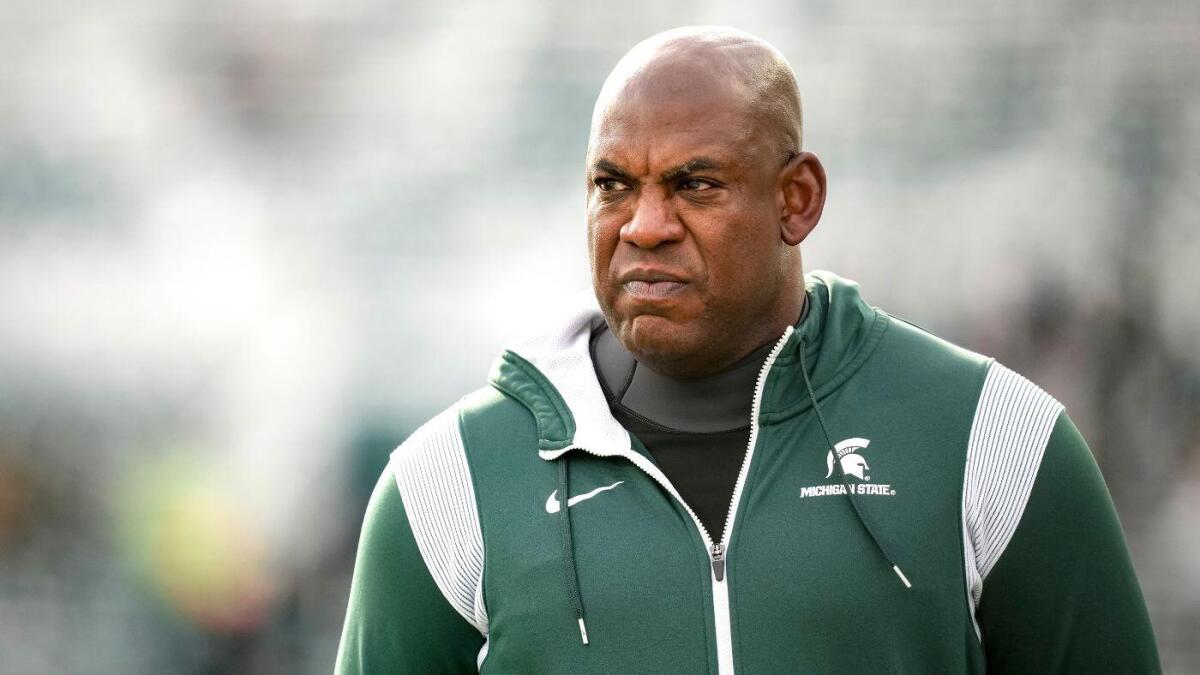Unpacking the NCAA Notice of Allegations Against Michigan State Football
Michigan State University’s football program, once a source of pride and excitement for fans, is currently under the shadow of an NCAA Notice of Allegations (NOA) concerning violations linked to the Mel Tucker era. This development is significant, not just for the program’s immediate future, but also for its institutional integrity and the broader landscape of collegiate athletics.
Background: The Mel Tucker Era and NCAA Investigation
Mel Tucker’s tenure as head coach at Michigan State drew attention not only for the team’s on-field performance but increasingly for off-field compliance concerns. The NCAA’s Notice of Allegations outlines purported recruiting violations that emerged from self-reporting by the university itself—a step that often reflects an institution’s attempt to maintain transparency while mitigating potential sanctions.
The violations focus specifically on recruiting practices, areas that NCAA rules tightly regulate to uphold fairness and integrity in collegiate sports. Recruiting infractions typically relate to impermissible contact, benefits provided to prospects, or inaccurate reporting to the NCAA. The details from multiple sources underscore that these allegations stem from events during Tucker’s leadership, intensifying scrutiny of that period.
The Significance of Self-Reporting
An important aspect of this matter is Michigan State’s decision to self-report the alleged violations. Self-reporting can be a double-edged sword: on one hand, it demonstrates institutional commitment to compliance by proactively acknowledging possible wrongdoings; on the other, it opens the university to formal investigation and possible penalties.
This step often reflects internal investigations uncovering problematic conduct, promoting an environment of accountability. However, it also triggers heightened oversight by the NCAA and can tarnish the program’s reputation, impacting recruiting, funding, and public perception.
Implications of Recruiting Violations
Recruiting violations hold particular weight because they challenge the level playing field that collegiate athletics aspires to. If recruiting rules are bent or broken, it may result in unfair advantages, compromised athlete welfare, or the recruitment of players under unethical conditions.
For Michigan State, these allegations could range from minor procedural errors to more serious breaches, potentially involving improper benefits or tacit incentives, which are strictly prohibited. The NCAA’s infractions process categorizes violations by severity, and the issuance of a Notice of Allegations signals that the NCAA believes there is sufficient evidence to proceed formally.
Institutional Impact and Program Consequences
Beyond the immediate legal and administrative response, these allegations bear consequences for Michigan State’s football program’s stability and morale. They may affect current recruiting classes, as prospects and their families consider the stability and integrity of a program under NCAA scrutiny. Existing players and staff may face uncertainty as investigations proceed.
Previous reports indicate Michigan State has faced challenges in recent years, including on-field performance dips and internal controversies related to leadership conduct. The NOA compounds this turbulence, potentially leading to corrective measures such as sanctions, fines, scholarship reductions, or probationary status imposed by the NCAA.
The university’s handling of the situation will be closely watched by stakeholders—students, alumni, fans, and collegiate sports governance bodies alike—to assess the commitment to reform and compliance moving forward.
Broader Context: College Sports Compliance Challenges
Michigan State’s case highlights systemic pressures in college athletics, where competitive success often collides with strict regulatory frameworks. The complexity of NCAA rules and the high stakes involved in recruiting foster an environment ripe for oversights and violations.
It also reflects the evolving spirit of transparency, where institutions may increasingly opt for self-reporting to preempt harsher penalties, signaling a shift in governance and risk management within sports programs.
Conclusion: Navigating Accountability and Future Prospects
The NCAA’s Notice of Allegations against Michigan State’s football program serves as a critical juncture. It sheds light on the challenges inherent in maintaining compliance amid the ambitions of collegiate sport. How Michigan State responds—in terms of transparency, corrective action, and cultural change—will define the legacy of the Mel Tucker era and shape the football program’s trajectory.
This situation underscores the delicate balance between competitive drive and ethical governance in college athletics. Moving forward, Michigan State’s experience may offer lessons not only for itself but also for other institutions navigating the intricate landscape of NCAA regulations and the high stakes of modern collegiate football.





